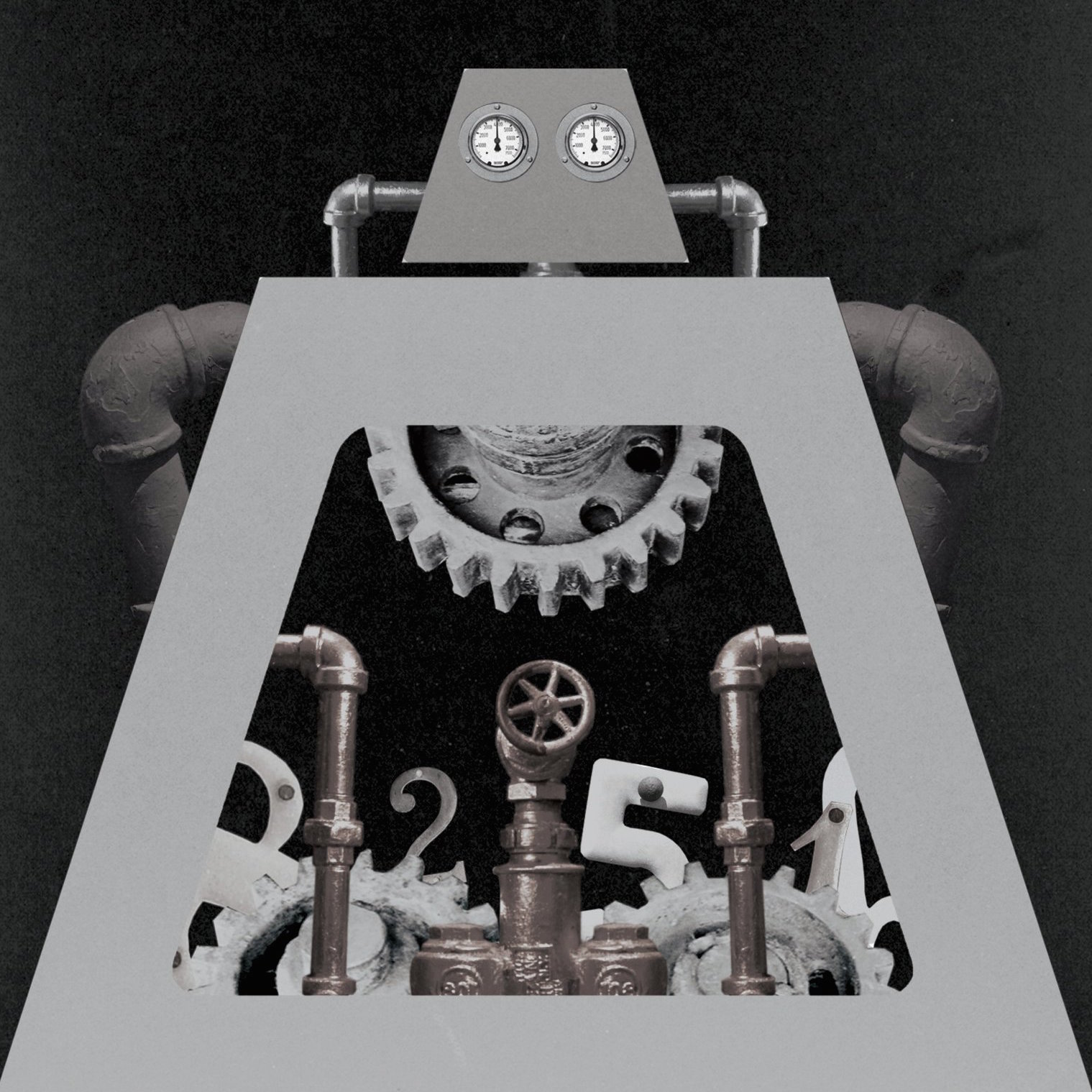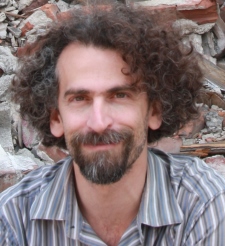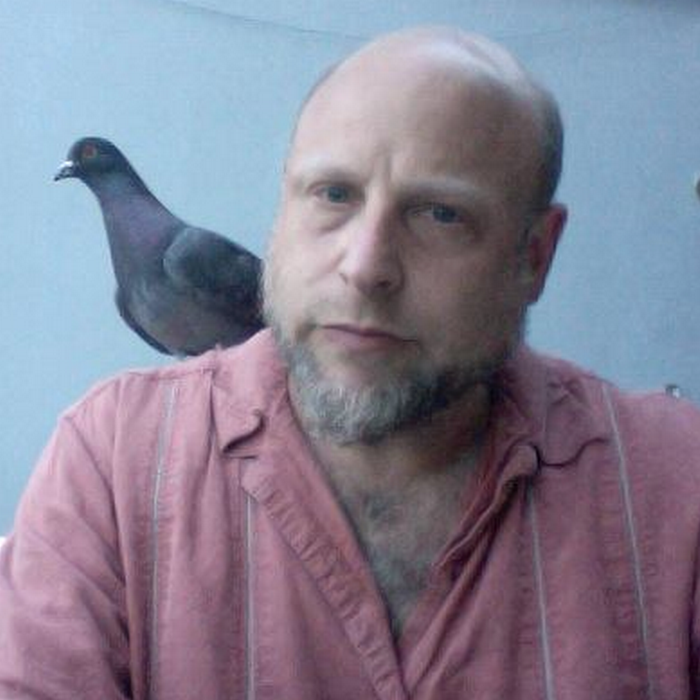Disaster Assurance

Understanding the Rohingya genocide, and Aung San Suu Kyi's deadly silence.
Security analyst Azeem Ibrahim explores Myanmar's campaign of genocide against the Rohingya people - from the conflict's origins in WW2 and the 1962-coup, to the "industrial scale" ethnic cleansing carried out by the military right now, under the nose but below the interest of both Aung San Suu Kyi and the United Nations.
Azeem is author of The Rohingyas: Inside Myanmar’s Hidden Genocide from Oxford University Press.

Environmental racism and the government's toxic negligence.
Journalist Sharon Lerner reports on the Exxon Mobil refinery polluting the majority-black Charlton-Pollard neighborhood of Beaumont, Texas, and the poisonous, 14 year silence from the EPA after the citizens' civil rights complaint, and connects the mechanisms of environmental racism to a history (and present) of regulatory rollbacks and industry noncompliance in powerless communities across the country.
Sharon wrote the articles A Legacy of Environmental Racism and EPA Welcomed Industry Feedback Before Reversing Pesticide Ban, Ignoring Health Concerns for The Intercept.

Coca-Cola is sucking Chiapas dry, but there's plenty of Coca-Cola.
Journalist Martha Pskowski explores the politics of water in the Mexican state of Chiapas - as a Coca-Cola bottling plant drains a supply already threatened by urbanization and climate change, turning water from a constitutionally-held human right into a commodity more expensive (and less available) than soda.
Martha wrote the article Coca-Cola Sucks Wells Dry in Chiapas, Forcing Residents to Buy Water for Truthout.

The rise of fear and the collapse of hope in American society.
Writer Sasha Abramsky examines the rise of fear in America's psyche and politics - as both product and producer of inequality, and as an irrational dimension spreading across society, collapsing the possibilities for solidarity in a diverse society and paving the way for an order based on authoritarianism and brutality.
Sasha is author of the book Jumping at Shadows: The Triumph of Fear and the End of the American Dream from PublicAffairs.

We have everything we need to survive this: On two futures of life under climate change and capitalism.
Journalist Christian Parenti explores two visions of cities under the crises of climate change and capitalism - as collapsing, stratified wastelands patrolled by an authoritarian state, or as planned communities oriented around mutual aid and rational environment-remaking - and explains why the choice between the two is urgent, and one of political imagination and will.
Christian wrote the article If We Fail for Jacobin.

Drinks, misery and the problem with futurologists.
In a Moment of Truth, Jeff Dorchen cracks open a cold one with the boys - the boys in this case being futurologist / tax consultant Manish Wadwa and a cold one being the age-old dilemma of work, resource distribution, human-misery abatement and maybe there's some sort of fit-bit that tracks it all on like an index or something?





